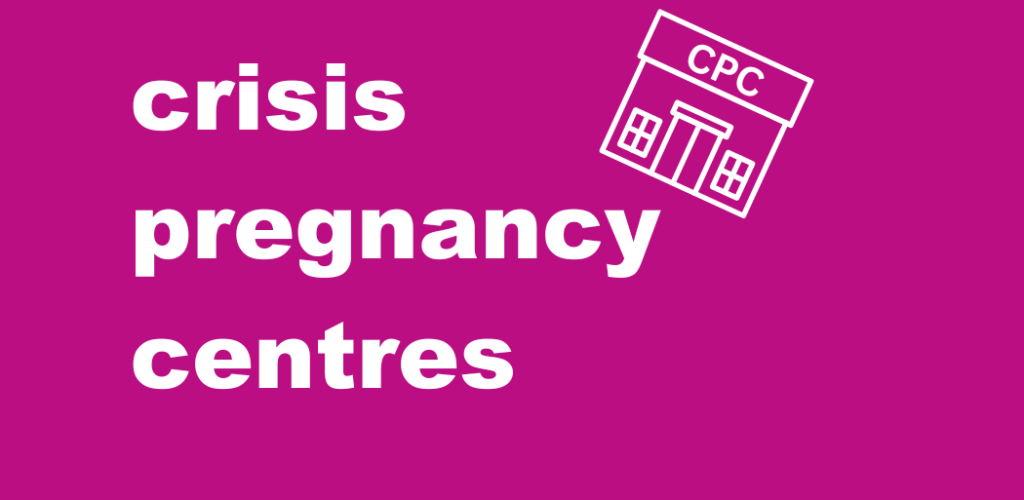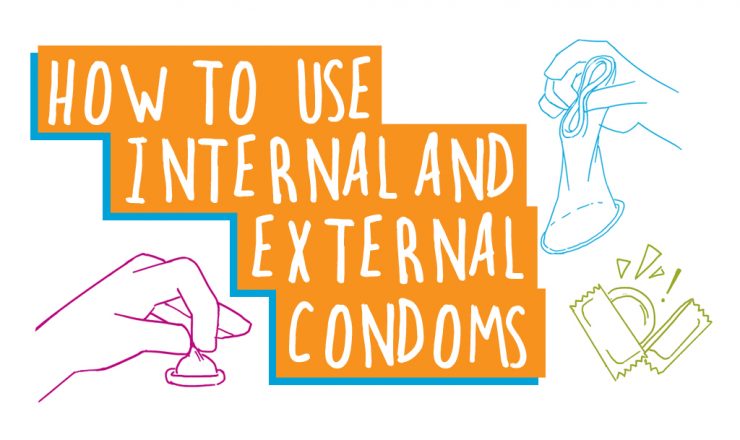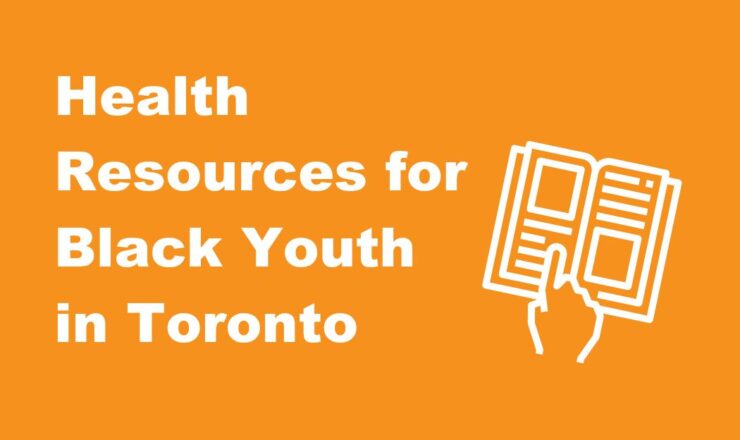

By Teen Health Source
If you are pregnant and looking for support, you may stumble across something known as a crisis pregnancy center or CPC. Although they may seem like they are there to help you, their main goal is actually to persuade people to not get abortions.
 What are crisis pregnancy centres?
What are crisis pregnancy centres?Crisis pregnancy centres are organizations run by anti-abortion groups that actively try to convince people who come to them not to get abortions.They often spread misinformation about abortion, birth control, and sexual health in order to scare people. It may not be clear if an organization is a CPC from the outside as many strategically use similar language as abortion providers to get people in the door. Though they may seem like an abortion center or a normal health clinic, they are not legitimate, do not provide actual medical care, and have no obligation to keep your medical information private.

CPCs pressure pregnant people against getting abortions by feeding them misinformation and scaring them. They rely on common misconceptions like the idea that abortions are reversible, that abortion is unsafe, or that they can cause cancer, infertility, or mental health problems. This can lead to people making decisions they wouldn’t make otherwise. They can pressure people into giving birth when they didn’t intend to or delay access to abortion services. This results in more unintended births and late-trimester abortions, which can be riskier, more expensive, and harder to obtain.
CPCs often target people who are low-income and people in vulnerable situations by offering free resources like pregnancy tests, diapers, and baby clothes. Those struggling to make ends meet as well as younger folks generally have less access to abortions, and so end up having them later in their pregnancy than those who are older, higher-income, or have more access to abortions. This makes them more vulnerable to CPCs that intentionally try to delay or prevent access to abortions. In Ontario, there are more CPCs than clinics and hospitals that provide abortion care, especially in rural areas. In the province, there are 71 CPCs compared to 49 total points of service, 4 of which in rural areas. As a result, they may appear to be the only resource available for certain people.
 How can I spot CPCs?
How can I spot CPCs?Though they may seem similar, CPCs differ from abortion providers and sexual health clinics in many ways:
In Canada, you can visit Choice Connect, which is an anonymous web app that gives you referral information to abortion providers and clinics, or Action Canada’s resource for a number of different sexual health providers including surgical and medical abortion providers.
You can talk to your medical provider about asking for a referral to a trusted abortion provider.To look for abortion providers in the US, you can visit Abortion Finder.
If you have questions about this topic, feel free to contact one of our peer educators. [Link]
Last Edited: October 2024

We here at Teen Health Source made some new condom demo guides! Learn more about our info pages and downloadable booklets for both internal and external condoms!

Our friends over at Women’s College Hospital (home of the Bay Centre for Birth Control) have launched a brand new resource called What’s Next For Me?

Check out our list of some health resources in Toronto that focus on providing culturally-specific and inclusive care to Black youth in Toronto!